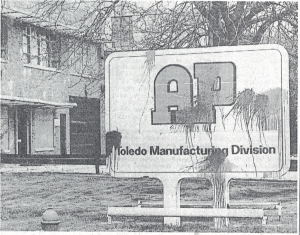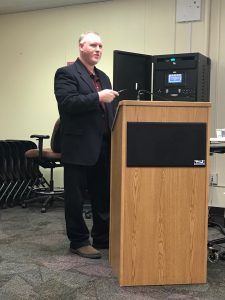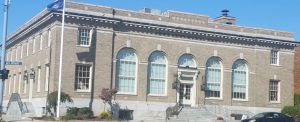I recently had an opportunity to contribute to the “First on the Moon” series of events sponsored by Auglaize County Historical Societyand the Armstrong Air and Space Museum that commemorate this year’s 50thanniversary of the moon landing. My discussion at St. Mary’s Community Public Library cautioned that our commemoration of the moon landing must firmly situate this episode in the tumultuous context of 1969. Although the lunar landing garnered immediate international admiration and adulation, its benefits were frustratingly fleeting, as other events at home and abroad continued to diminish America’s international prestige and moral authority. Continue reading
The Lunar Landing at 50: Prestige in History and Memory
08 Monday Jul 2019
Posted in Faculty News
≈ Comments Off on The Lunar Landing at 50: Prestige in History and Memory






